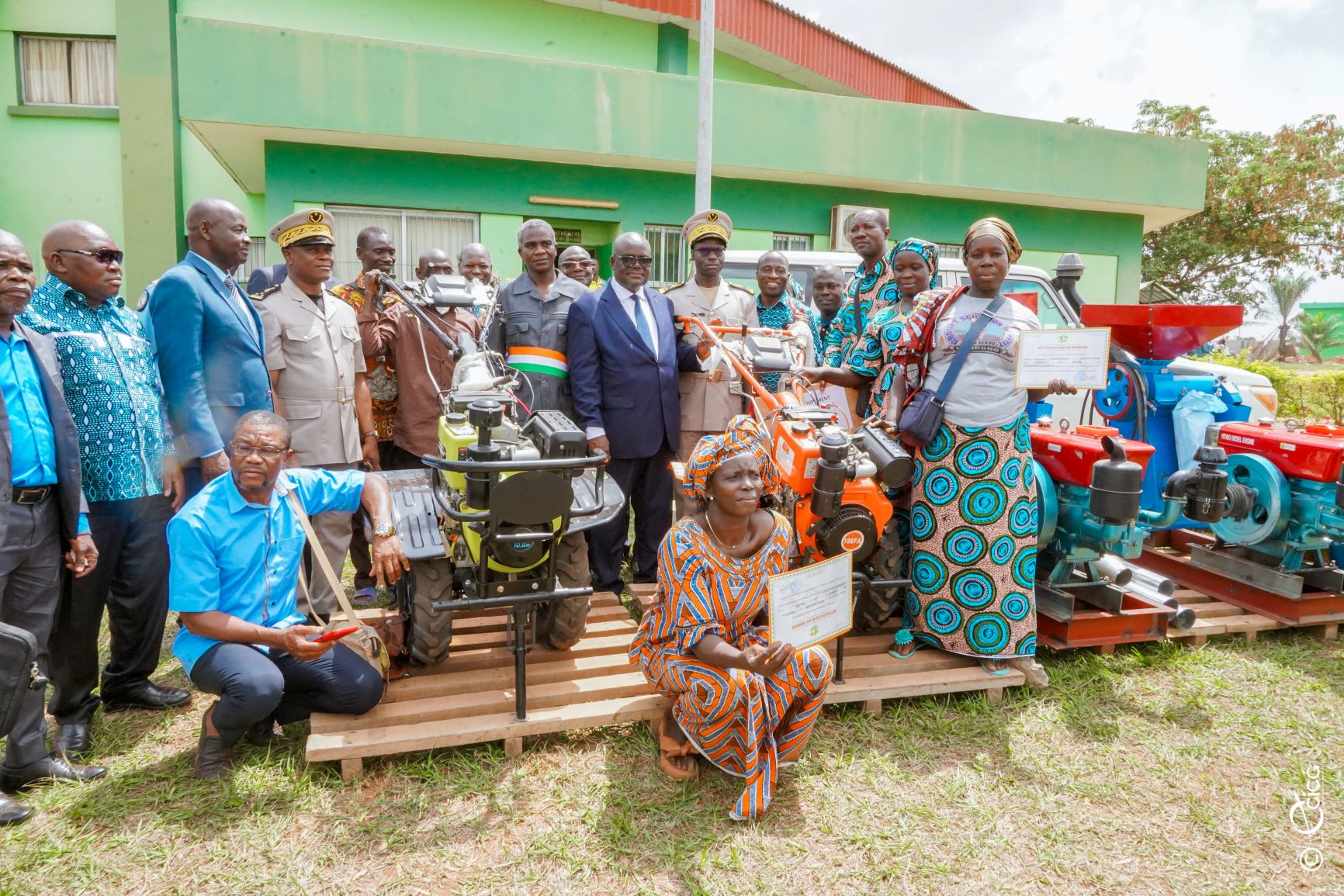Ivory Coast, the world's leading cashew producer, is taking a significant step toward **cashew processing and agro-industrial growth** by transferring the management of three major agro-industrial zones to the Cotton and Cashew Council. This move aims to enhance local cashew processing capacity, reduce raw nut exports, and create more jobs. Located in Korhogo, Bondoukou, and Séguéla, these zones span over 50 hectares and come equipped with essential infrastructure like roads, electricity, warehouses, and treatment plants. By 2030, the government aims to locally process at least 50% of cashew production, boosting industrialization and economic resilience. However, challenges such as investment requirements, infrastructure maintenance, and international market competitiveness remain. This article explores how this initiative will impact the cashew industry and the broader economy in Ivory Coast and Africa.
Concerns Addressed by the Cashew Processing Initiative
- Enhancing local cashew processing to reduce raw exports
- Boosting job creation in agro-industrial zones
- Improving industrial infrastructure for sustainable growth
- Attracting local and foreign investments in the cashew sector
- Strengthening Ivory Coast’s global position in the cashew market
- Increasing government revenue through value-added processing
- Developing a skilled workforce for the agro-processing industry
- Promoting sustainable agricultural and industrial practices
- Encouraging public-private partnerships for sector growth
- Addressing logistical and financial challenges in cashew processing
The Role of Cashew Processing in Agro-Industrial Growth
The link between cashew processing and agro-industrial growth is essential for Ivory Coast’s economic strategy. While the country leads in cashew production, most raw nuts are exported for processing abroad, limiting local economic benefits. By focusing on domestic processing, Ivory Coast can capture more value from its cashew sector, reduce dependency on international processors, and increase economic returns. This initiative aligns with national industrialization goals and contributes to long-term economic sustainability.
How Agro-Industrial Zones Strengthen the Cashew Sector
The development of three agro-industrial zones in Korhogo, Bondoukou, and Séguéla marks a significant investment in cashew processing and agro-industrial growth. These zones provide modern infrastructure, including storage facilities, treatment plants, and weighbridges, making them attractive for investors and industrialists. With a projected increase in processing capacity by 150,000 tonnes by 2026, the initiative will significantly boost local employment and encourage the establishment of cashew-based industries.
Job Creation and Economic Benefits of Local Processing
One of the key advantages of strengthening cashew processing and agro-industrial growth is its potential for job creation. Processing cashew locally requires a skilled workforce, offering opportunities for employment in manufacturing, logistics, and quality control. Additionally, the economic benefits extend to smallholder farmers, transporters, and service providers, creating a ripple effect throughout the economy. This transformation will contribute to poverty reduction and regional development in major cashew-producing areas.
Challenges and Future Prospects for Cashew Processing
While the initiative presents significant economic opportunities, several challenges must be addressed:
1. Investment Needs: Establishing and maintaining processing plants requires substantial capital.
2. Infrastructure Maintenance: Roads, power supply, and water facilities must remain operational.
3. Market Competitiveness: Competing with established international cashew processors requires efficiency and quality standards.
4. Export Regulations: Adapting to global trade policies is necessary for sustainable market penetration.
5. Technical Expertise: Training programs are needed to develop a skilled workforce for cashew processing.
By overcoming these challenges, Ivory Coast can position itself as a global leader in **cashew processing and agro-industrial growth**, transforming its agricultural economy and creating long-term prosperity.
This strategic push towards **cashew processing and agro-industrial growth** represents a vital step in Ivory Coast’s economic development. By adding value to its cashew production, the country can generate employment, attract investment, and secure a stronger position in the global market. The successful implementation of this initiative will serve as a model for other African nations seeking to enhance their agro-processing capabilities.





















